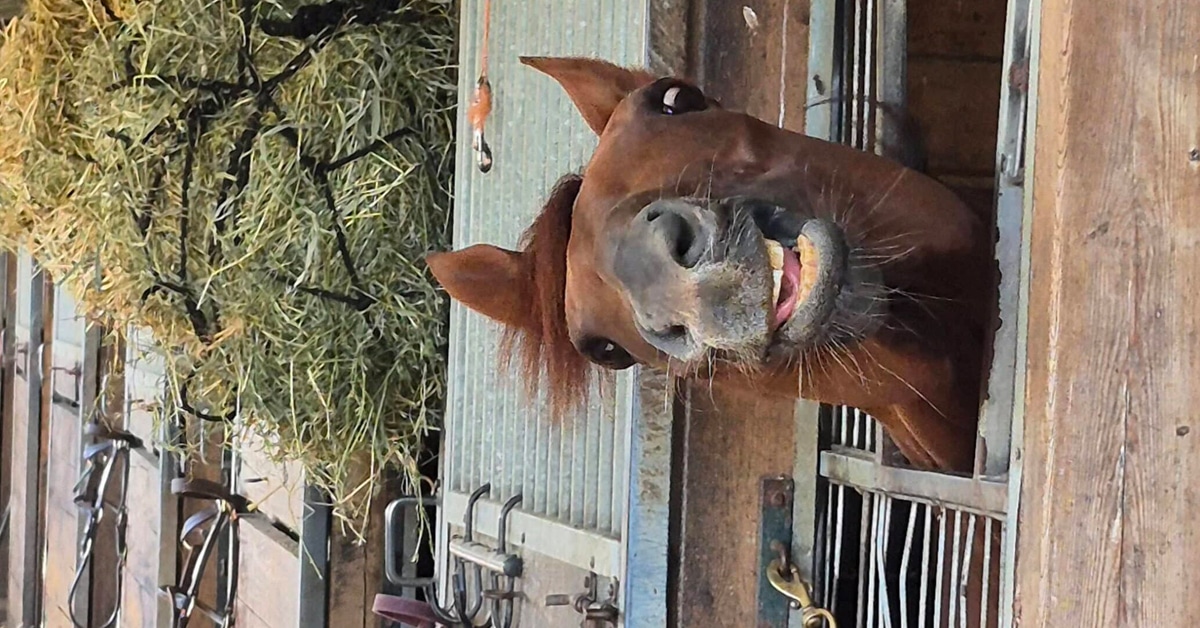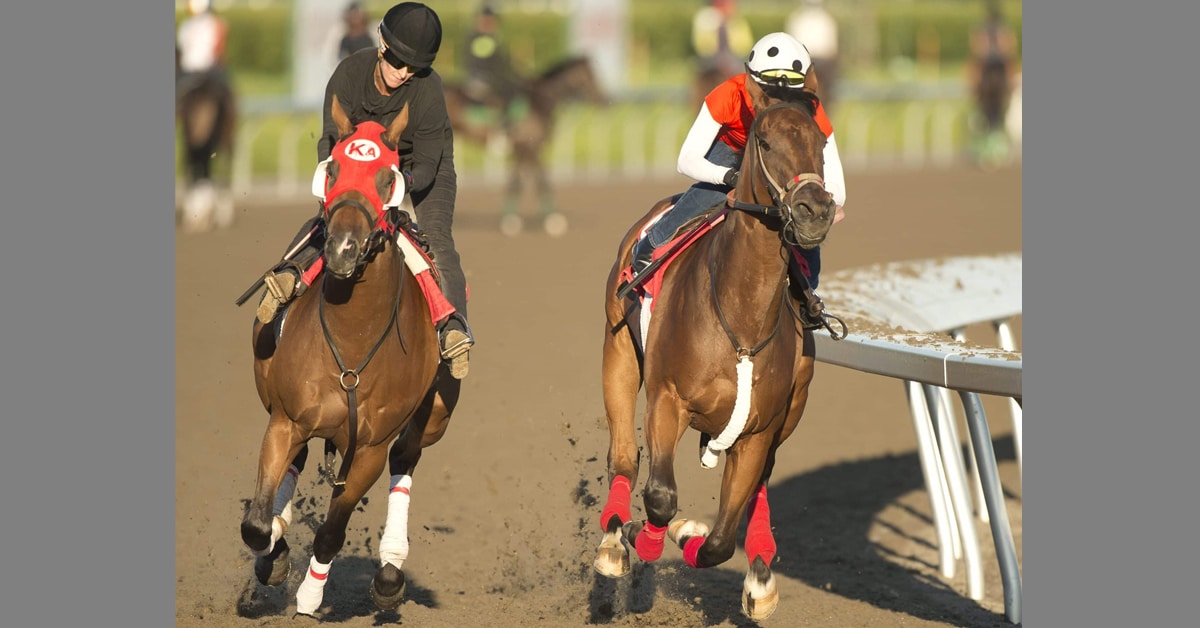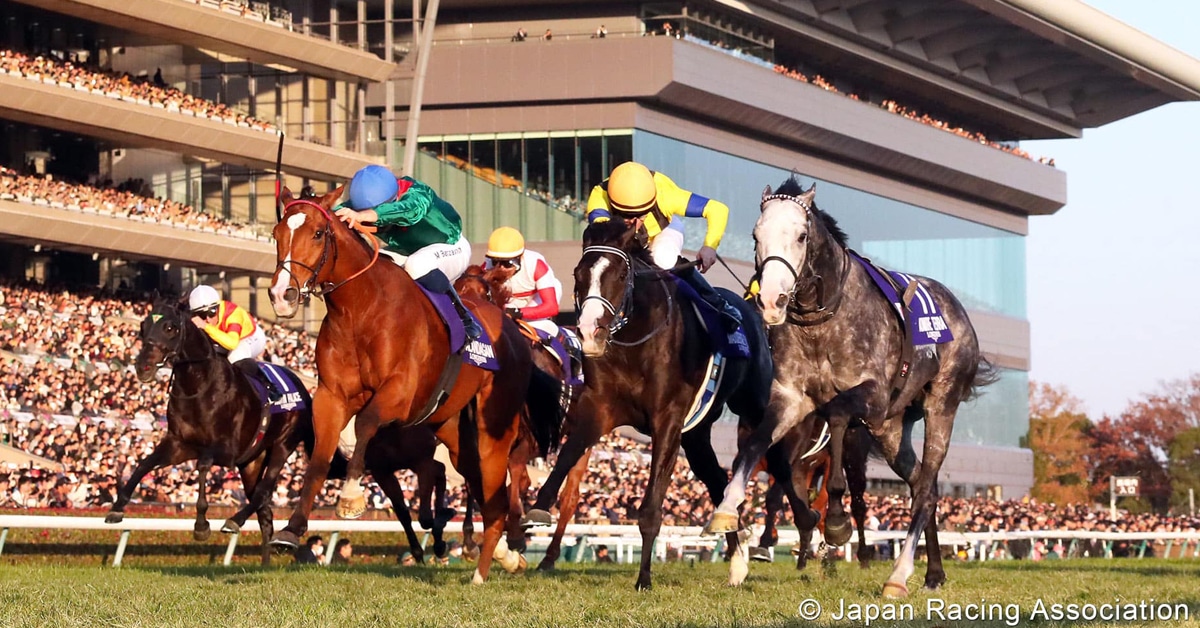Horse racing in the United States took another major hit when news broke early on the morning of May 9 that Kentucky Derby (G1) winner MEDINA SPIRIT had tested positive for the anti-inflammatory corticosteroid betamethasone. The horse reportedly had 21 picograms in his system.
Betamethasone is listed as a Class C drug that is allowed in Kentucky but has a 14-day withdrawal requirement. Corticosteroids are listed as Class 4 by the Association of Racing Commissioners International. The threshold is 10 picograms.
The Canadian Pari-Mutuel Agency lists the elimination guideline for the drug at six days.
This is the same drug that was found in the filly GAMINE in the Kentucky Oaks (G1) in 2020, also trained by Baffert. Gamine had finished third but was placed last and Baffert received a $1,500 fine. Baffert has had four positives in just over one year.
A split sample has been ordered and Baffert said he wanted to “get ahead” of the rumours and leaks that began last evening.
Late Saturday evening some notable insiders suggested that there would be news about Baffert this morning. A press conference was called by Baffert at his barn at Churchill Downs at 9:30 a.m. where he spoke first of his Preakness starters, Medina Spirit and Concert Tour.
Baffert said his assistant Jimmy Barnes was served with the notice by the Kentucky Horse Racing Commission on Saturday evening.
“All I can tell you is that betamethasone, even though it is an allowed drug, a therapeutic medication, we did not give it. … In fact, Medina Spirit has never been treated with betamethasone,” said Baffert in the press conference.
“Yesterday I got the biggest gut punch in racing for something that I didn’t do. It’s disturbing. It’s an injustice to the horse. … I don’t know what’s going on in racing right now, but there’s something not right. I don’t feel embarrassed, I feel like I was wronged.
“(Medina Spirit is) a great horse, he doesn’t deserve this, he ran a gallant race.”
Baffert. looking somewhat ragged during the conference, insists Medina Spirit has never been given betamethasone while admitting that Gamine had been although 18 days out from her race.
“There’s definitely something wrong … there’s problems in racing, but it’s not Bob Baffert,” he said.
“I do not feel safe training,” Baffert said, referencing the views of many horsemen about recent positives for regulated medications. “It’s getting worse, to me. How do I enjoy, how do I move forward as a trainer knowing this can happen? It’s a complete injustice, and we’re going to fight it tooth and nail.”
Baffert is no doubt the face of horse racing in America and regularly scrutinized by the betting public. However, as Matt Hegarty of Daily Racing Form noted, “many horsemen and regulators will instead place the blame on what they consider endemic problems in how the racing industry handles commonly used medications, including what those critics characterize as poorly researched withdrawal times and thresholds set so low that laboratories catch the presence of regulated drugs well after they could have had any impact on a horse’s performance or through accidental contamination.”
The PAULICK REPORT aired the press conference on its Twitter feed on Sunday morning:
More on corticosteroids here.
More News










